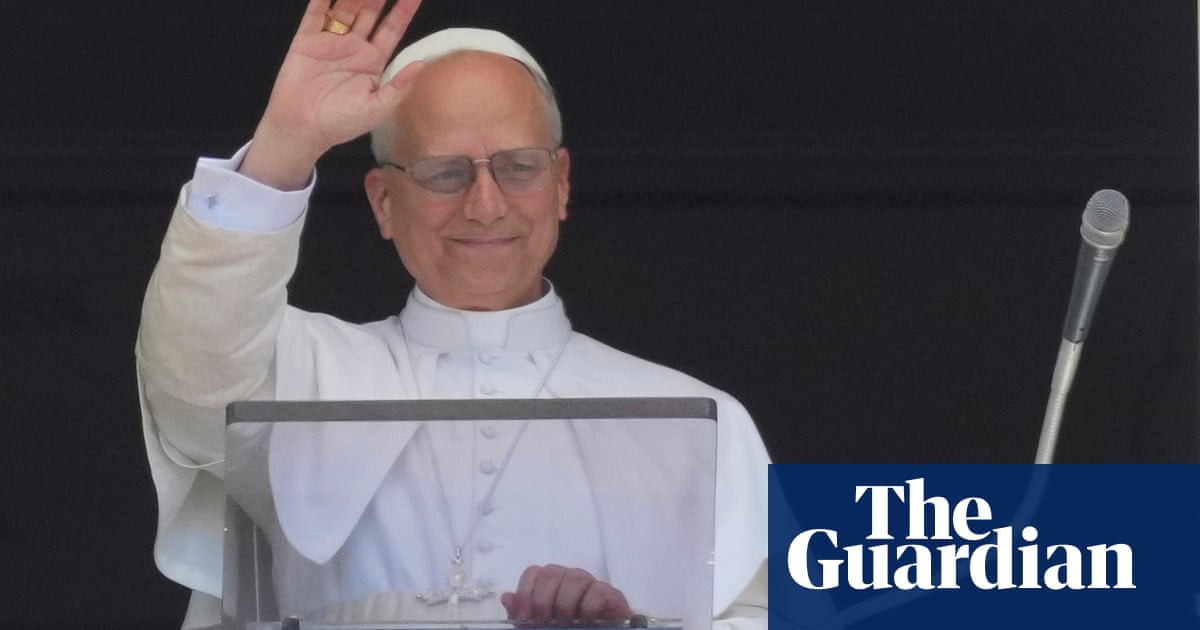The Unprecedented Election of Pope Leo XIV: A Unique Intersection of Citizenship and Faith
Pope Leo XIV’s election as the first U.S.-born leader of the Roman Catholic Church marks a significant moment in religious and legal history. With origins rooted in Chicago, where he was born as Robert Prevost in 1955, Leo’s journey to the papacy has transformed him into a unique figure, holding dual citizenship in both the United States and Peru. This dual identity raises intriguing questions about the complexities of citizenship and leadership in a global context.
The Citizen Pope: Navigating the Legal Framework
As Pope, Leo simultaneously leads the Holy See and governs Vatican City, an independent state. This dual role elevates him to a legal gray area: he is an American citizen who now also occupies a foreign head of state position. The implications of this situation are profound, especially in the context of U.S. citizenship laws. While Americans working for foreign entities do not automatically forfeit their U.S. citizenship, the State Department may take a closer look at those serving in high-profile positions like that of a pope.
According to the State Department’s policy, cases involving individuals in such roles are “actively reviewed” due to the intricate interplay between U.S. law and international law. Questions of immunity from U.S. jurisdiction arise, challenging the core belief that no citizen is above the law.
The Questions of Intent and Citizenship
A pivotal aspect of Leo’s situation concerns intent. Legal expert Peter Spiro emphasizes that an American citizen cannot lose their citizenship unless they explicitly renounce it. The precedent set by a U.S. Supreme Court ruling in 1980 affirms this notion, suggesting that Leo’s becoming pope does not demonstrate an intention to abandon his U.S. citizenship. Spiro believes it is unlikely the U.S. government will move to revoke Leo’s citizenship, as there is no clear evidence he intended to relinquish it.
Peru’s Welcome: Embracing a New Identity
In addition to his American roots, Leo also embraced his Peruvian nationality. He was granted citizenship in August 2015, shortly before his appointment as bishop of Chiclayo by Pope Francis. This transition required Leo to live in Peru for at least two years and pass a civics examination—a commendable endeavor celebrated by Peruvian officials. Jorge Puch, deputy director of the National Registry of Identification and Civil Status in Peru, noted that Leo’s actions reflect a desire to connect deeply with the country and its people.
The Voting Twist
Although Leo holds Peruvian citizenship, he is not obligated to vote in elections since he will turn 70 in September. Under Peruvian law, voting is mandatory only up to the age of 69, so this aspect of citizenship comes with its own set of unique ramifications for the pontiff, separating his duties as a leader from his age-related privileges.
The Precedent of Other Papacies
The question of citizenship for Leo’s predecessors is less clear, as the Vatican does not publicly disclose such information. However, it is known that Pope Francis renewed his Argentinian passport in 2014, indicating he retained his citizenship. Similarly, Popes Benedict XVI and John Paul II, both of whom hailed from Germany and Poland respectively, never formally renounced their citizenship, highlighting a historical trend among popes who retained ties to their nations of origin.
A Message Beyond Borders
After his election, Leo’s choice to deliver his first speech in Italian and Spanish without using English suggests a deliberate intention to convey his universal vision as pontiff. Margaret Susan Thompson, a historian specializing in American Catholicism, interprets this move as an effort by Leo to assert that he is the pope of the global Catholic Church rather than an American presiding over a foreign entity.
A Broader Perspective: Other American Leaders Abroad
While Leo’s position is unprecedented within the context of the papacy, he is not alone in navigating the complex intersection of citizenship and leadership. Other U.S. citizens, such as Boris Johnson and Mohamed Abdullahi Mohamed, have also held foreign government positions. Each of these leaders eventually renounced their U.S. citizenship, presenting a contrasting approach to that of Leo as he embraces both identities without apparent conflict.
The Ongoing Dialogue on Citizenship
As Pope Leo XIV embarks on his papal journey, the nuances of his dual citizenship continue to present an engaging legal and ethical dialogue. His unique position exemplifies the evolving nature of identity in our globalized world, where the intersections of nationality and governance spark discussions on the broader implications of citizenship in an increasingly interconnected society.


